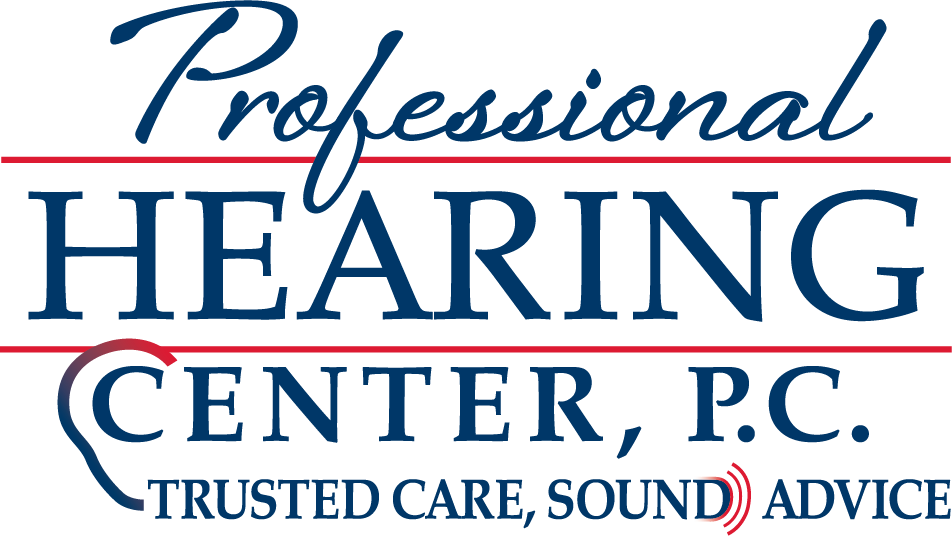
Many older people experience hearing loss, but does that mean it’s hazardous for them to drive? Driving habits differ amongst different individuals so the response isn’t clear-cut.
Even if some adjustments need to be made to the volume of the radio, hearing loss shouldn’t mean a skilled driver needs to stop driving.
For people who commute on a regular basis the question of whether hearing loss poses a threat while driving is a crucial consideration. Is your hearing loss making you a hazardous driver?
Think beyond driving…
Early stage hearing loss most likely won’t negatively impact your driving, but if it’s neglected, driving will become increasingly dangerous.
Johns Hopkins Medicine reports there is a definite relationship between hearing and brain health. Struggling to hear forces the brain to use valuable resources just to understand what individuals are saying. It has a negative impact on cognition and can contribute to the onset of dementia. A person suffering from dementia certainly can’t drive.
Should you drive if you have hearing loss?
Driving requires strong observational skills and some of that is auditory, but that doesn’t mean you can’t drive if you have hearing loss. The Center for Hearing and Communication reports that around 48 million Americans have significant hearing loss, and a good number of them still drive.
Tips for driving if you have hearing loss
You can still be a safe driver if you make some adjustments and follow these guidelines.
Stop procrastinating
Come in to see us for a hearing exam and find out if hearing aids will help your situation. Hearing aids can help eliminate the “should I be driving with hearing loss” question.
Be a more aware driver
You will still need to be observant about what’s going on around your vehicle even if you use hearing aids.
Don’t let it get too noisy in your car
This will allow you to focus your listening on driving without being distracted. Turn the radio off or down and ask your passengers to keep the chit-chat to a minimum.
Keep an eye on your dash lights
It’s the little things that will mount up when you drive with hearing loss. For instance, you will no longer hear that clicking sound that tells you that your turn signal is blinking. So routinely check your dashboard because your eyes will have to compensate.
Make maintenance a priority
You might not hear that rattling noise under the hood now or the warning bell telling you there is an issue with your engine or another critical component. Get your car serviced regularly so you can prevent this major safety hazard. For people with hearing loss, this is important, even more so than it would be for someone without hearing loss.
Watch the other cars closely
This is a no-brainer for everybody but if you have hearing loss it’s even more poignant. If you see other cars pulling off the road, you should do that as well because you might have missed the sirens. Use the behavior of other drivers to get some visual hints about traffic patterns around you.
So is it possible to safely drive when you have hearing loss? That’s up to you. Your other senses will usually adjust to help keep you safe, which means it is feasible to drive safely even if your hearing is beginning to go. If the idea makes you nervous, though, then it’s time to consult us and find a treatment to improve your situation, like using hearing aids.
Come in and let us help you better your quality of life by investigating the hearing solutions that will be suited to your distinctive hearing situation.
Call Today to Set Up an Appointment
References
https://www.hopkinsmedicine.org/health/wellness-and-prevention/the-hidden-risks-of-hearing-loss
http://chchearing.org/facts-about-hearing-loss
